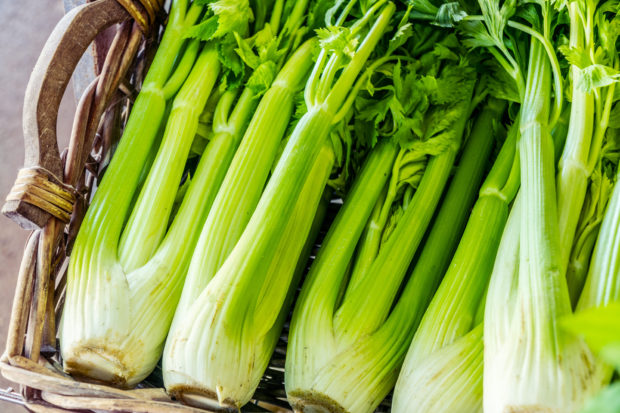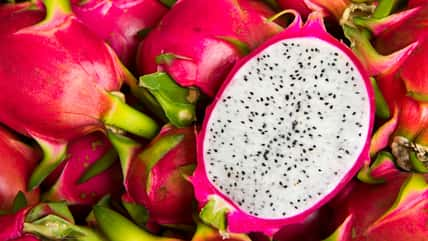In Ancient Greece, The Deceased Were Honored With Wreaths Of Celery Instead Of Flowers

Leaving flowers atop the gravestones of loved ones past is one of the most common ways to honor the deceased.
Roses and lilies are some of the more popular flower choices today, but tulips and carnations still get their fair share of use at cemeteries.
While pondering what floral arrangement to bring to your loved one’s grave, though, have you ever considered a wreath made of celery?
Such a suggestion may seem bizarre or random now. But, thousands of years ago, celery was a funeral staple among the Ancient Greeks meant to show unwavering love for the dearly departed.
Of course, the celery the Ancient Greeks used for their memorial wreaths back then looked very different than the vegetable you can pick up at any Stop & Shop or Trader Joe’s across the country now.
Instead, it was wild celery that was native to the Middle East and the Mediterranean. The stalks were thin and offered a bitter flavor. The celery was also darkly colored and had a potent smell– which immediately caused the Ancient Greeks to associate it with death and the Underworld.
And afterward, celery quickly became a widespread memorial staple. Graves in ancient Greece were covered with the vegetable; meanwhile, deceased individuals were even crowned with their stalks.
At the same time, the relationship between death and celery became so far-reaching that a household saying was created: “deisthai selinon.”
This phrase, which meant “to need celery,” did not indicate that someone needed to munch on more vegetables, though. Rather, when the phrase was uttered, it signified that a loved one was close to dying.

volff – stock.adobe.com – illustrative purpose only
Many Ancient Grecians even discontinued eating celery as an everyday food, too, since the veggie was primarily designated for funeral bouquets.
Interestingly, though, during the Isthmian and Nemean games– which were athletic and musical competitions– the winners were also awarded crowns of celery.
So, the vegetable came to take on a double meaning in society: one that signified death and another that signified victory.
Throughout the rest of Europe, celery was also long believed to be able to ward off evil spirits. The vegetable was a part of the Apiaceae family, along with the herb parsley– which also had a dark reputation once attributed to Persephone, the Queen of the Underworld.
If true crime defines your free time, this is for you: join Chip Chick’s True Crime Tribe
She Says Her Spirit Guide Saved Her Life After She Almost Fell Out Of A Window
Sign up for Chip Chick’s newsletter and get stories like this delivered to your inbox.
More About:News





